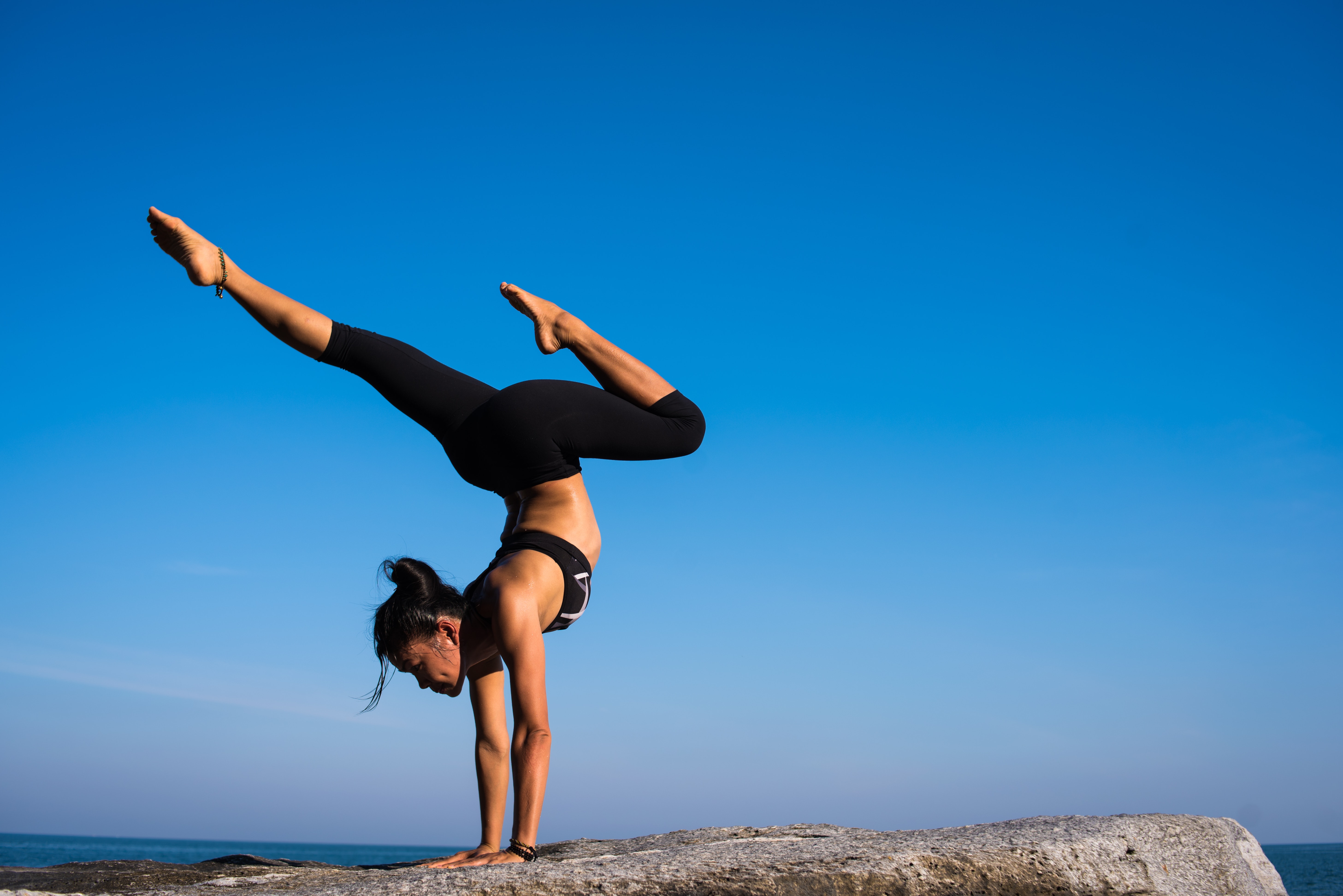Does Being Good-Looking Mean You’re Less Likely To Catch COVID? Science Says Yes
Pretty privilege is real.
As much as many of us hate to admit it, being good-looking has its perks.
And it seems that those who score well in the looks department don't just have an advantage socially, but also health-wise, according to a Chinese medical expert.
As China loosens restrictions around its zero-COVID policy, speculation on how to avoid being infected has been spreading like wildfire on Chinese social media, with one theory claiming that if you're good-looking, you're less likely to contract the virus.
When asked about the validity of this theory, Yu De Hai, director and chief physician of the Sichuan Treatment Expert Group for COVID-19, told Feng Mian News that while there is no direct correlation between physical attractiveness and immunity against the virus, there is verifiable truth behind the theory.
Physical attractiveness is correlated with a stronger immune system
While Yu does not specify what constitutes as attractive, nor by what standards this can be measured, the physician states that being 'good-looking' usually means someone is in good physical condition, as it points toward someone who eats well, sleeps well, and has an overall healthy mentality.
Yu points out that being attractive also correlates with more self-confidence, which in turn, boosts your body's immune response and strengthens your overall immune system.
"People who are in good health and have a stronger immune response are indeed less likely to be infected," he stated.
While it might sound kind of crazy, the correlation between physical attractiveness and a stronger immune system is backed up by findings from a study in the US
The study, conducted by researchers at Texas Christian University, involved 159 male and female participants who were photographed bare-faced and concurrently underwent blood tests.
Researchers then asked members of the public participating in an online survey to rate their physical attractiveness based on the photographs taken.
The results showed that men and women who were deemed the most attractive had the highest rates of phagocytosis, a process that is central to killing certain disease-causing bacteria.
In summary, the more 'good-looking' you are, the higher the likelihood that you have a strong immune system, and vice versa.

